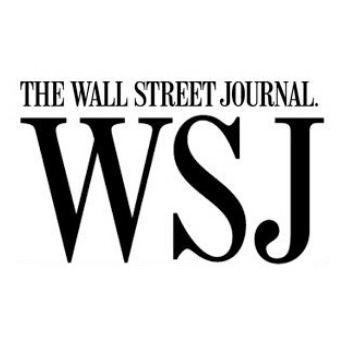Stacy Francis, President and CEO of Francis Financial met with Sarah Estime of theSkimm about how you can prepare your finances for divorce.
Read More
Natalie Colley, Senior Lead Advisor at Francis Financial, offers insight into the financial element of Taylor Swift and Travis Kelce’s relationship.
Read MoreNatalie Colley, Senior Lead Advisor at Francis Financial explains the common financial reactions that often occur with widowhood.
Read More
Stacy Francis, President and CEO of Francis Financial was quoted by The Wall Street Journal on the trending phenomenon of ‘girl math’ that has swept the masses.
Read More
Avani Ramnani, Partner and Managing Director of Francis Financial emphasizes the significance of being mindful of the cash you store at home.
Read More
President and CEO of Francis Financial, Stacy Francis is quoted by Forbes on the health care costs that threaten women’s economic security.
Read More
Natalie Colley, Senior Lead Advisor at Francis Financial, offers advice on prioritizing overall returns while managing risk.
Read More
Natalie Colley, Lead Advisor at Francis Financial, offers advice on how to transition to a decumulation mindset as you enter retirement.
Read More
Stacy Francis, President and CEO of Francis Financial, quoted by Her Money on when you should rebalance your portfolio for secure retirement.
Read More